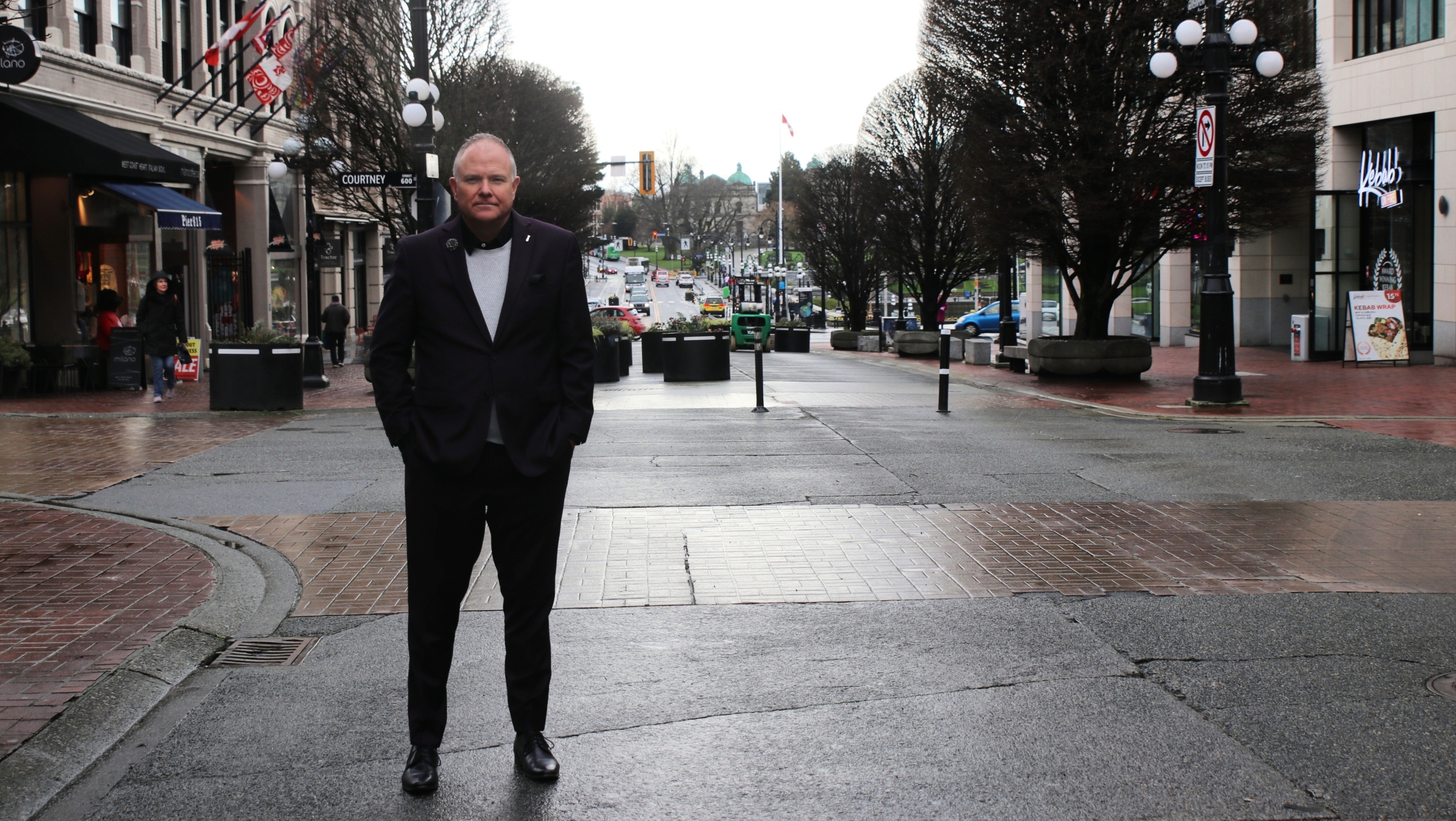Private-sector growth key to Strategic Investment Fund
It might be a case of too little too late, but it’s good to see this provincial government make an effort to acknowledge the critical importance of a strong private sector.
Yesterday’s announcement of a $400-million fund to help attract private investment to BC is something that should have happened before the province’s debt load was allowed to get out of hand.
“We don’t want to see this fund used for political ends, but The Chamber does support efforts that make our community more attractive for private investors looking to grow our private sector,” Chamber CEO John Wilson said, noting that the Chamber remains committed to helping our members in Greater Victoria’s business community.
The proposed BC Strategic Investment Fund would allow government to consider loans, equity investments and repayable contributions.
One way the fund could be used is to leverage recently announced federal funding tied to strengthening Canada’s military.
“The fund will provide the tools to enable government to work with industry in bringing federal investment to the province, as targeted in the province’s Look West strategy, and leverage the opportunities presented in Canada’s Defence Industrial Strategy,” Association of BC Marine Industries executive director Alex Rueben said in the media release.


























